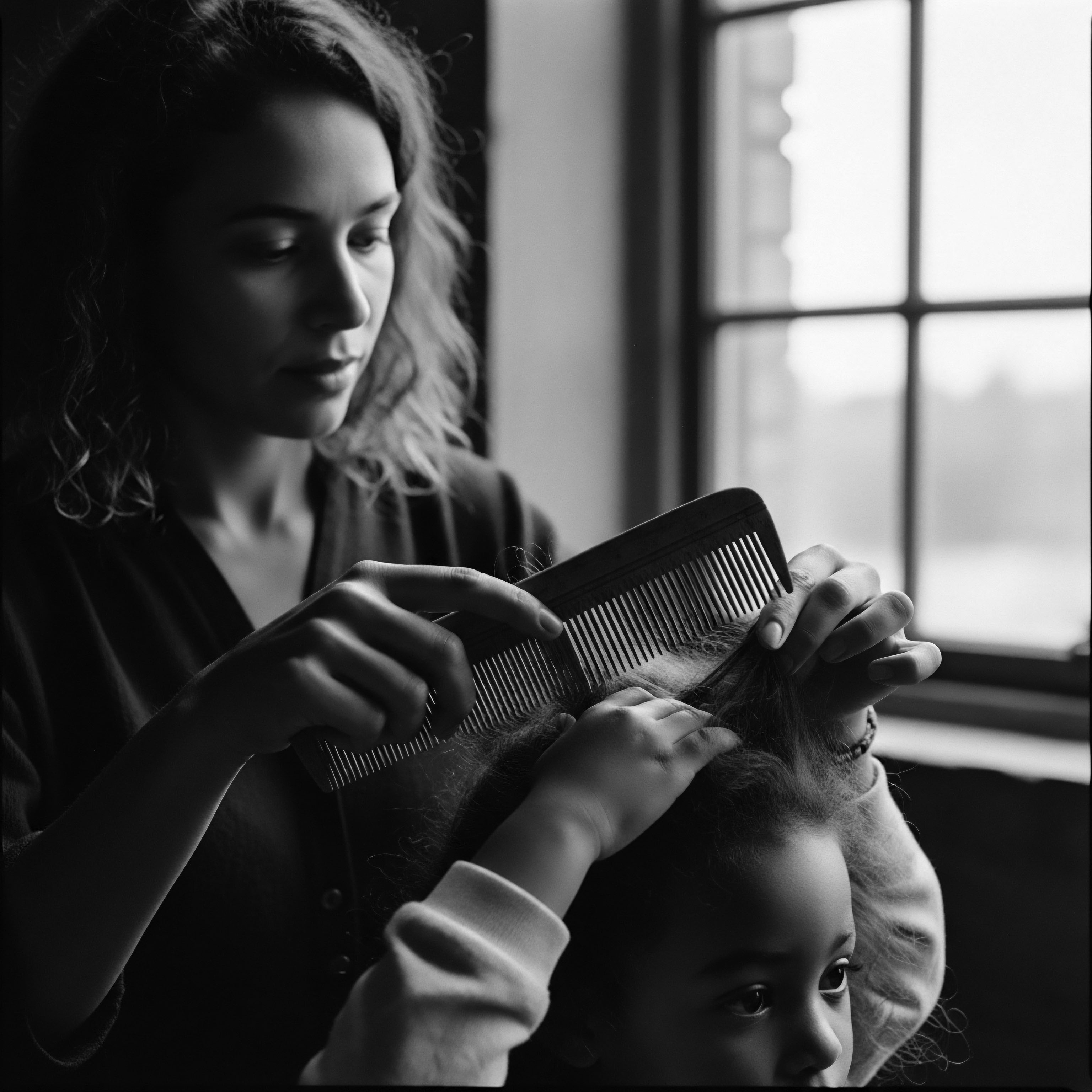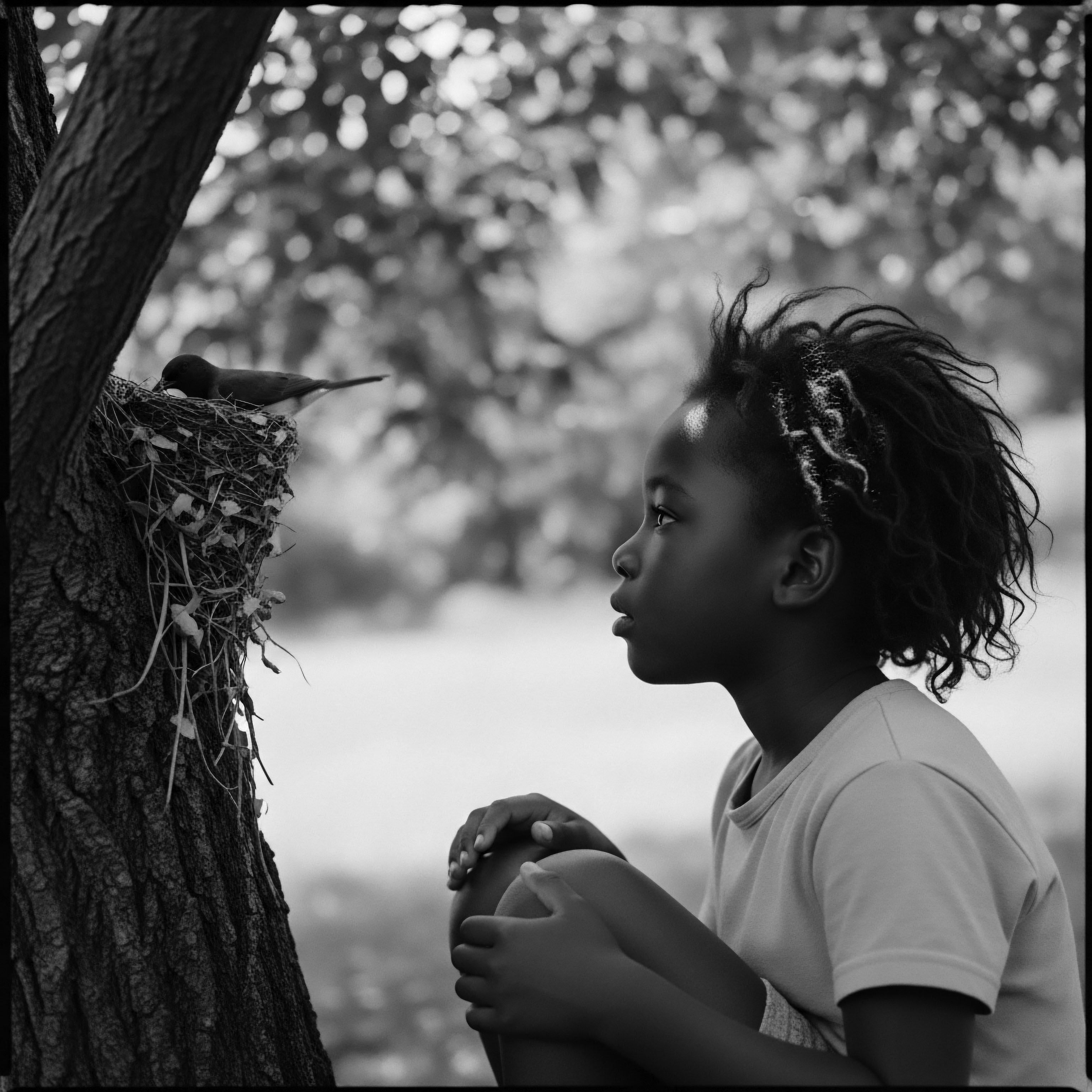
Alopecia Hereditata Discordia
Meaning ❉ Alopecia Hereditata Discordia describes inherited hair vulnerability manifesting as a profound disharmony between natural hair traits and historical, societal stressors.

Centrifugal Scarring Alopecia
Meaning ❉ Central Centrifugal Cicatricial Alopecia is a permanent inflammatory hair loss condition, predominantly affecting textured hair, linked to genetic factors and historical hair practices.
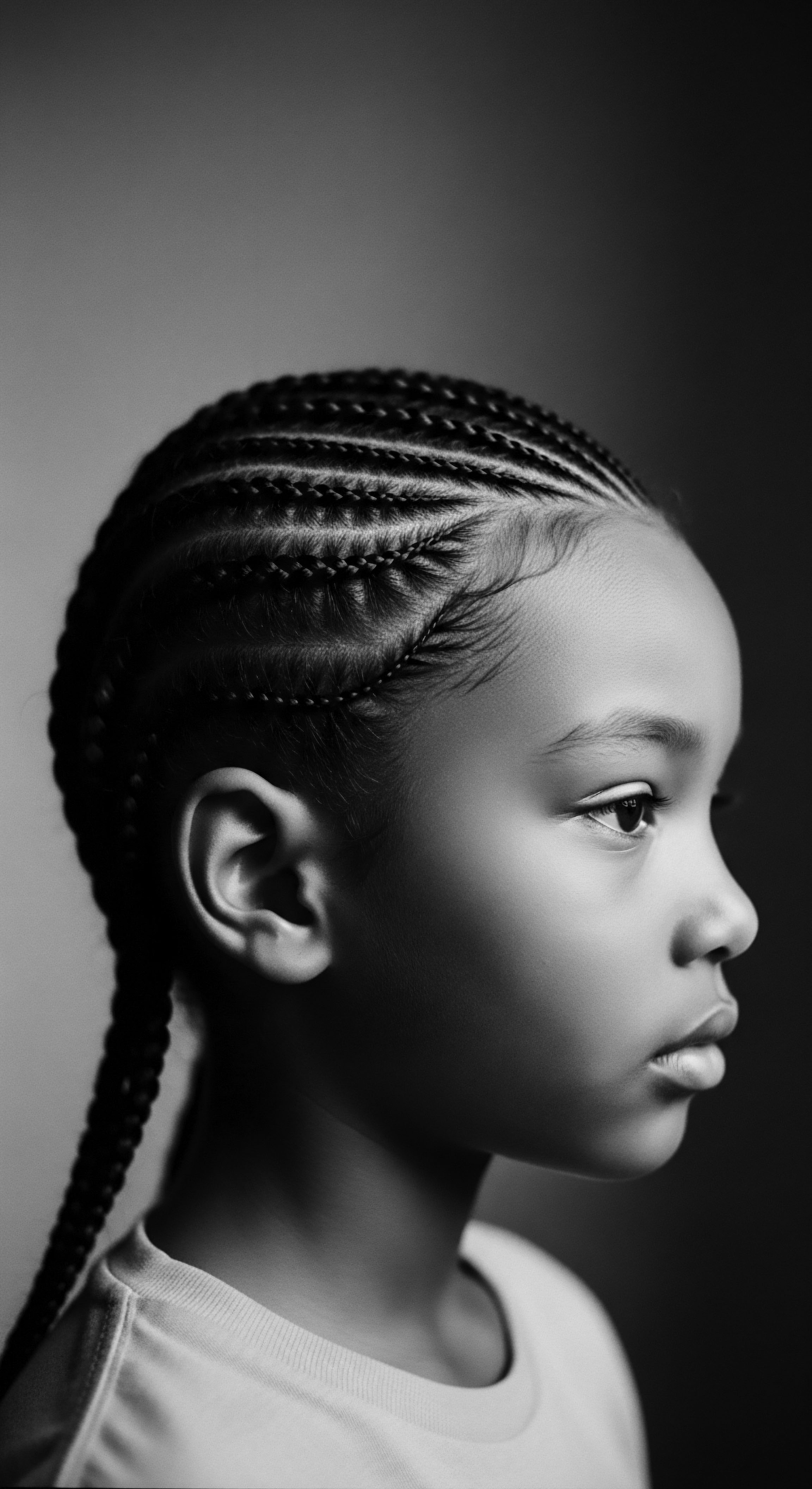
Centrifugal Cicatricial Alopecia
Meaning ❉ Centrifugal Cicatricial Alopecia is a permanent scarring hair loss, often affecting textured hair, deeply rooted in genetics and historical hair practices.

Alopecia in Textured Hair
Meaning ❉ Alopecia in textured hair refers to hair loss patterns rooted in distinct hair structures and influenced by cultural care practices.
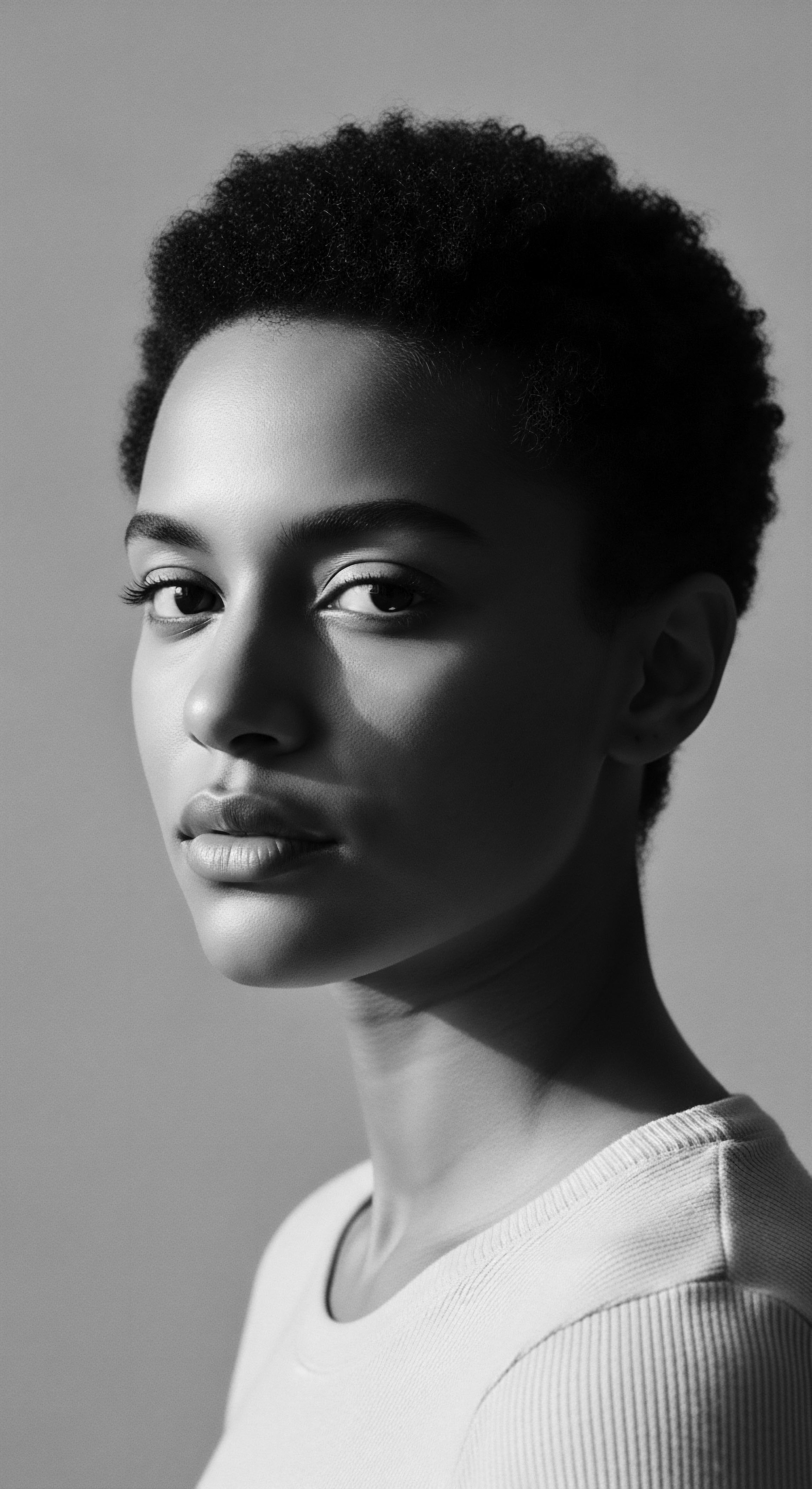
Scarring Alopecia Research
Meaning ❉ Scarring Alopecia Research investigates irreversible hair follicle destruction, deeply connected to textured hair heritage and often disproportionately affecting Black women.

Centrifugal Cicatricial Alopecia Research
Meaning ❉ Centrifugal Cicatricial Alopecia Research explores a scarring hair loss condition in textured hair, examining its biological and heritage connections.
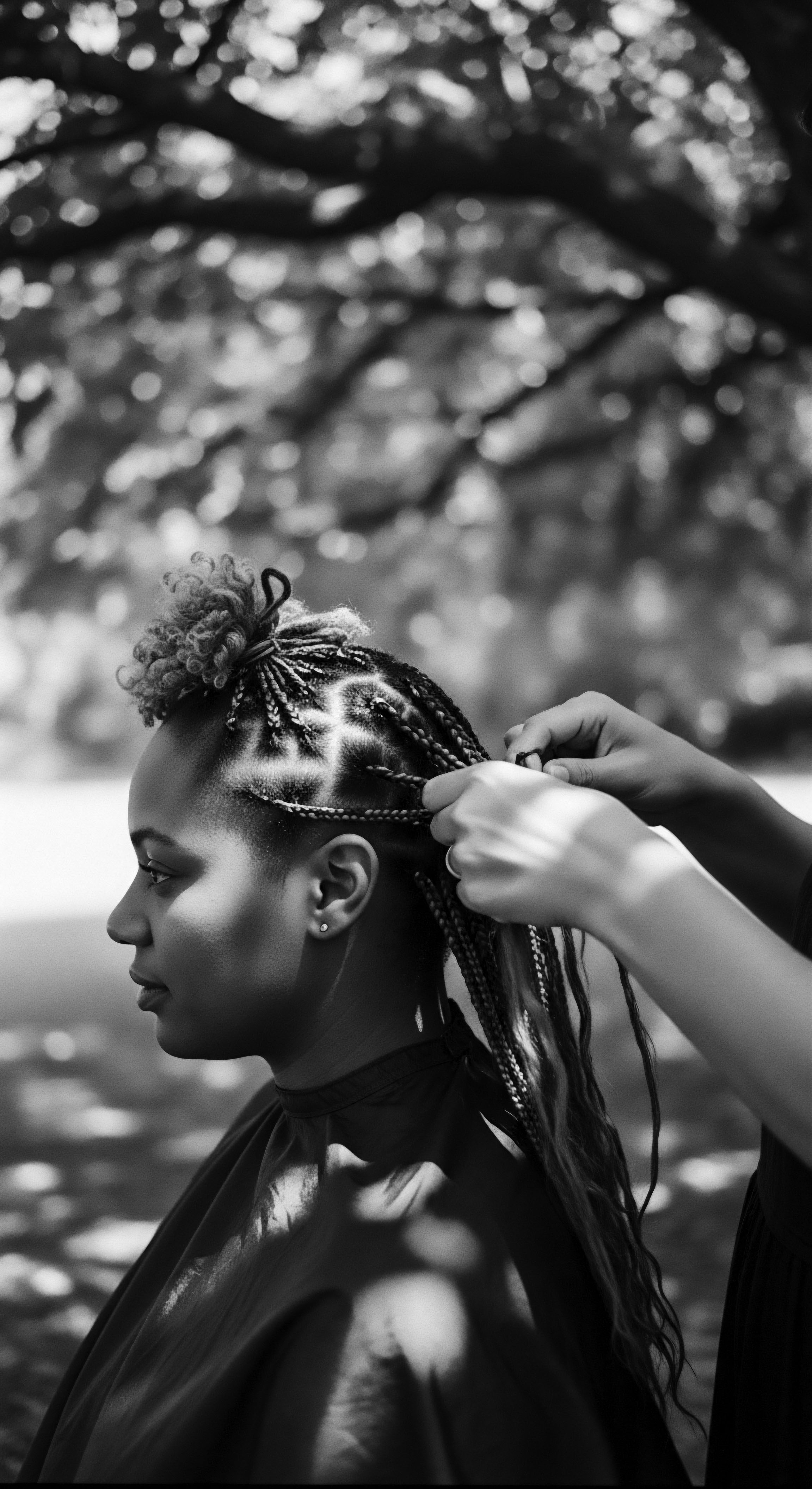
Scarring Alopecia Study
Meaning ❉ A detailed look at the Scarring Alopecia Study, exploring its meaning, heritage connections, and impact on textured hair communities.

Traction Alopecia History
Meaning ❉ Traction Alopecia History is the historical account of hair loss stemming from chronic tension, deeply intertwined with textured hair heritage and cultural styling.
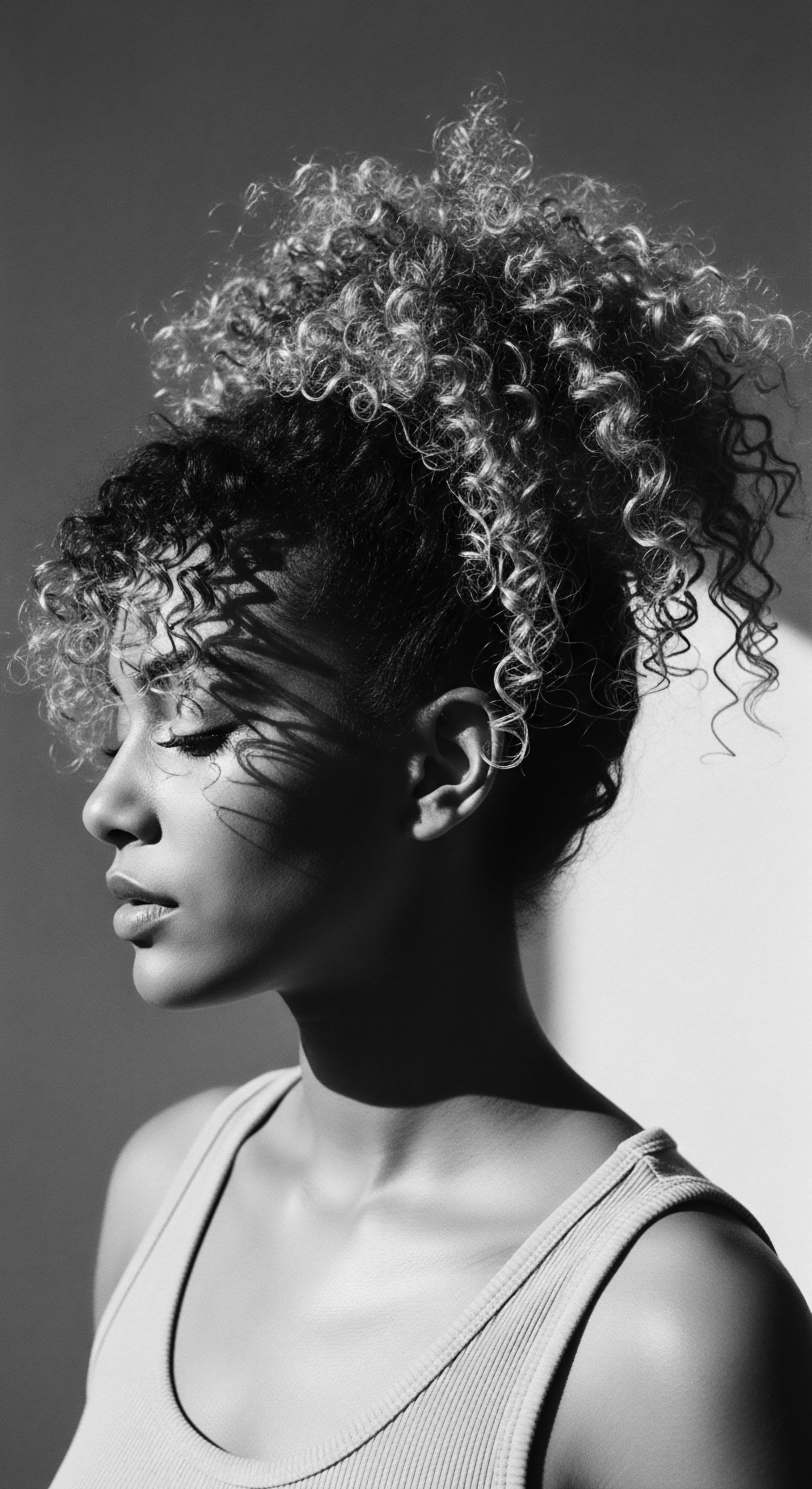
Alopecia Solutions
Meaning ❉ Alopecia Solutions offer restorative and culturally sensitive approaches to hair loss and thinning for textured hair, rooted in heritage and science.
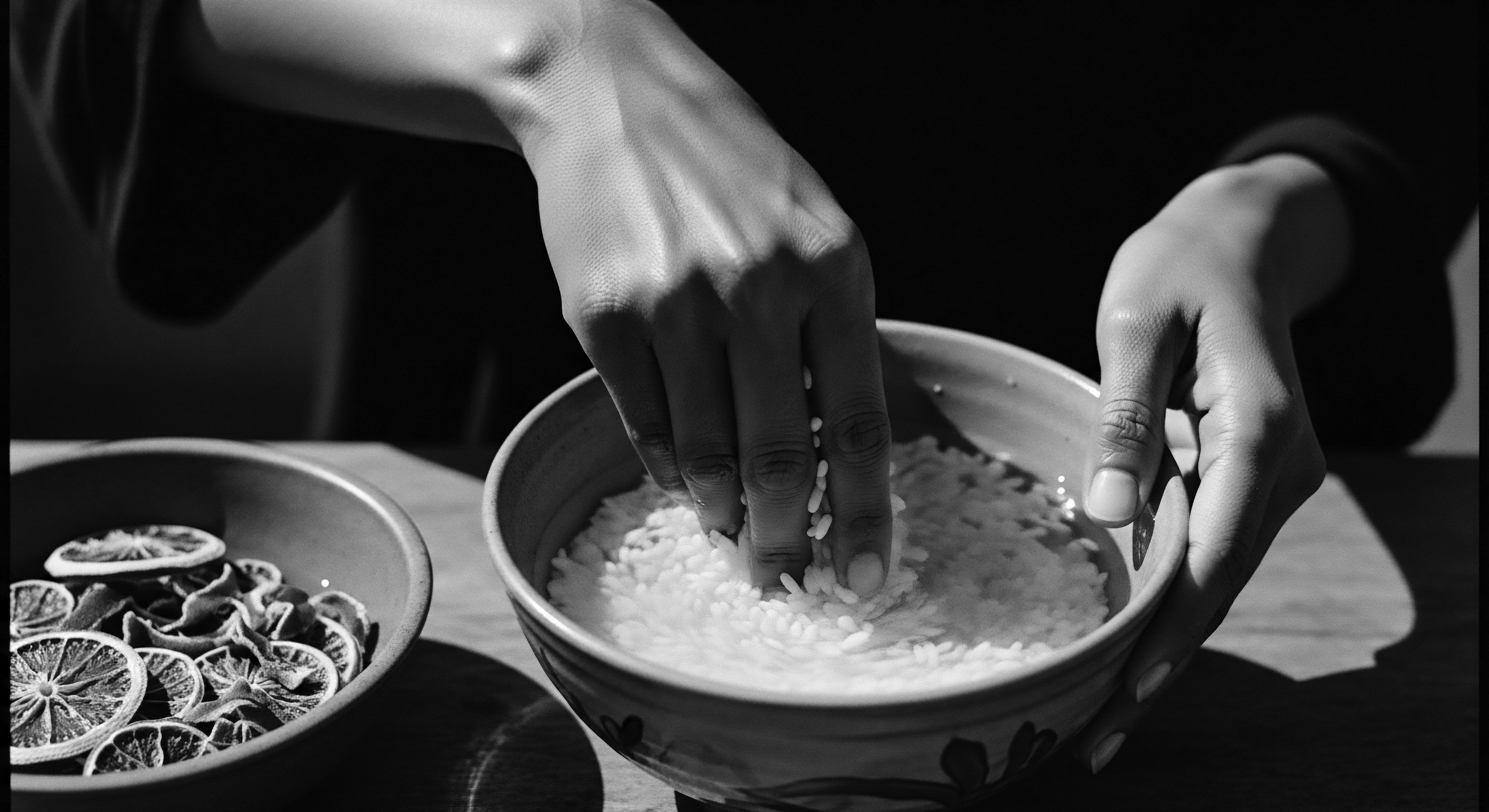
Scarring Alopecia Culture
Meaning ❉ Scarring Alopecia Culture encompasses the communal wisdom and resilience in confronting irreversible hair loss, particularly within textured hair traditions.
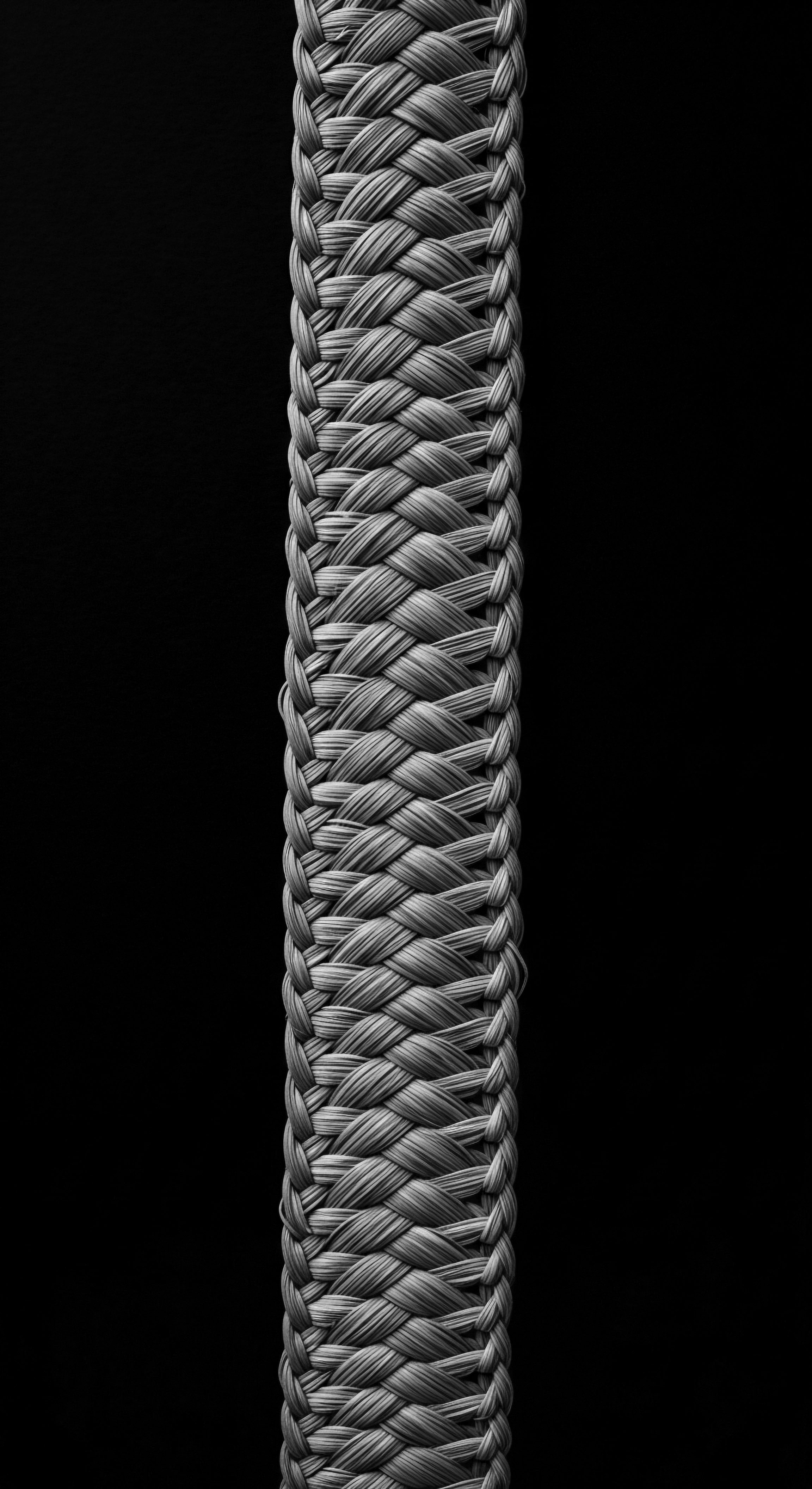
Central Centrifugal Alopecia
Meaning ❉ Central Centrifugal Alopecia is a progressive scarring hair loss primarily affecting individuals of African descent, rooted in complex genetic and historical styling interactions.

Hair Immunoprivilege
Meaning ❉ Hair Immunoprivilege defines the hair follicle's natural immune-protected state, crucial for growth, and profoundly affected by chronic stress and historical hair discrimination within textured hair communities.
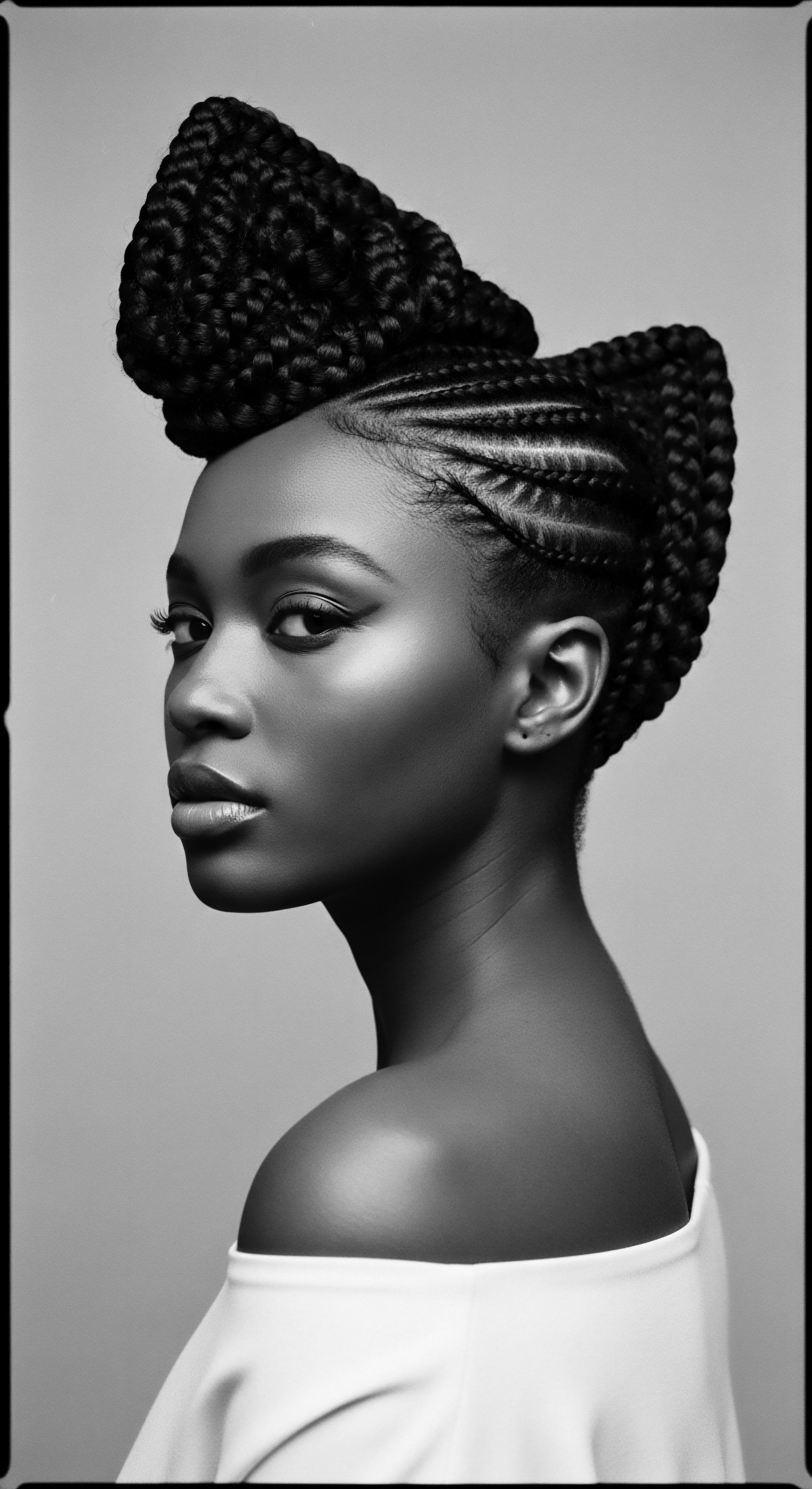
Cicatricial Alopecia Culture
Meaning ❉ Cicatricial Alopecia Culture is the intricate intersection of permanent hair loss with the heritage and lived experiences of textured hair communities.
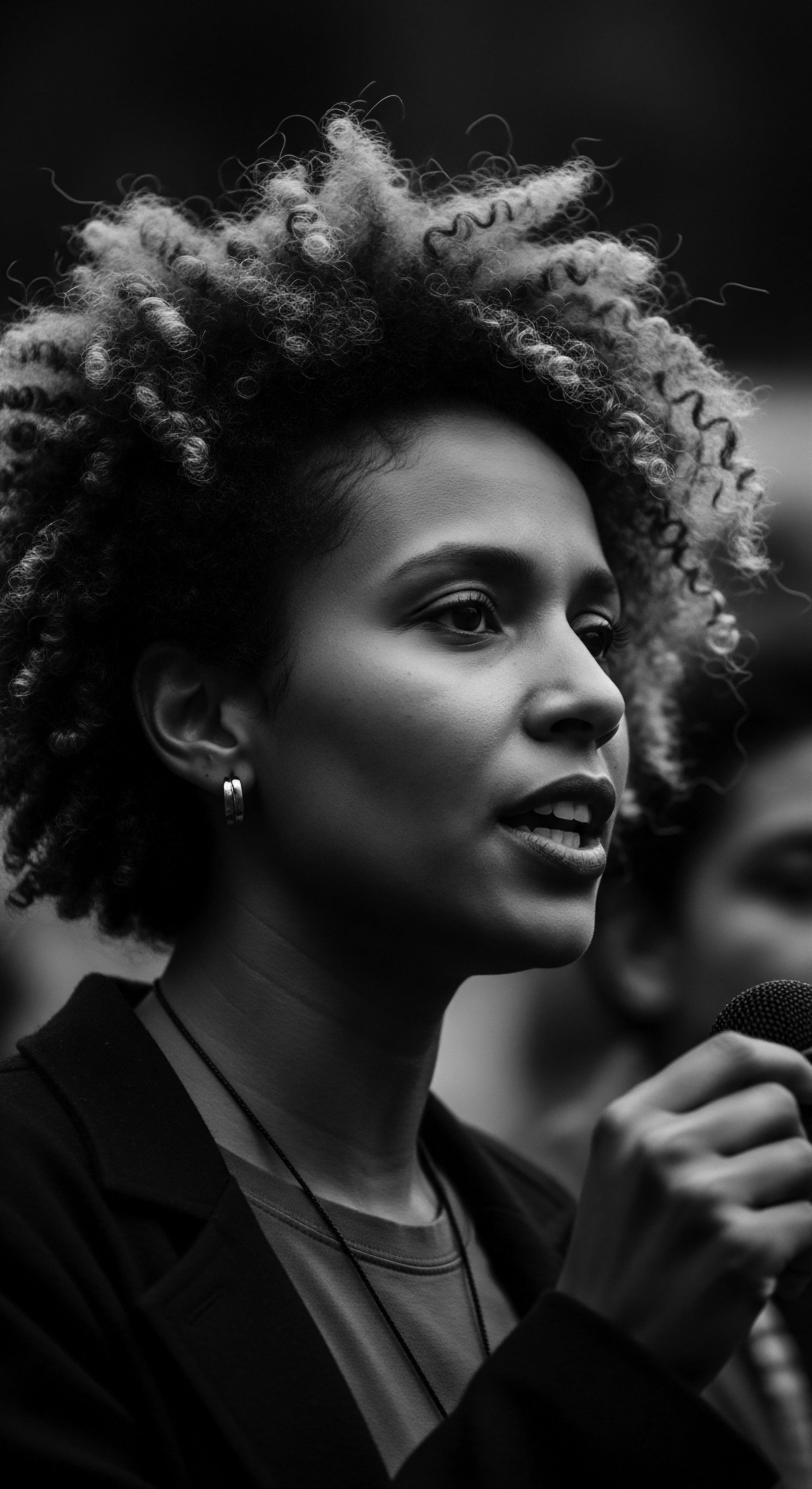
Traction Alopecia Prevention
Meaning ❉ Traction Alopecia Prevention defines practices protecting hair follicles from tension-induced damage, especially for textured hair, rooted in heritage.

How Do Traditional Hair Care Methods Connect to Modern Science and Heritage?
Traditional textured hair methods connect to modern science by revealing ancestral knowledge often validated by contemporary biological and chemical understanding.
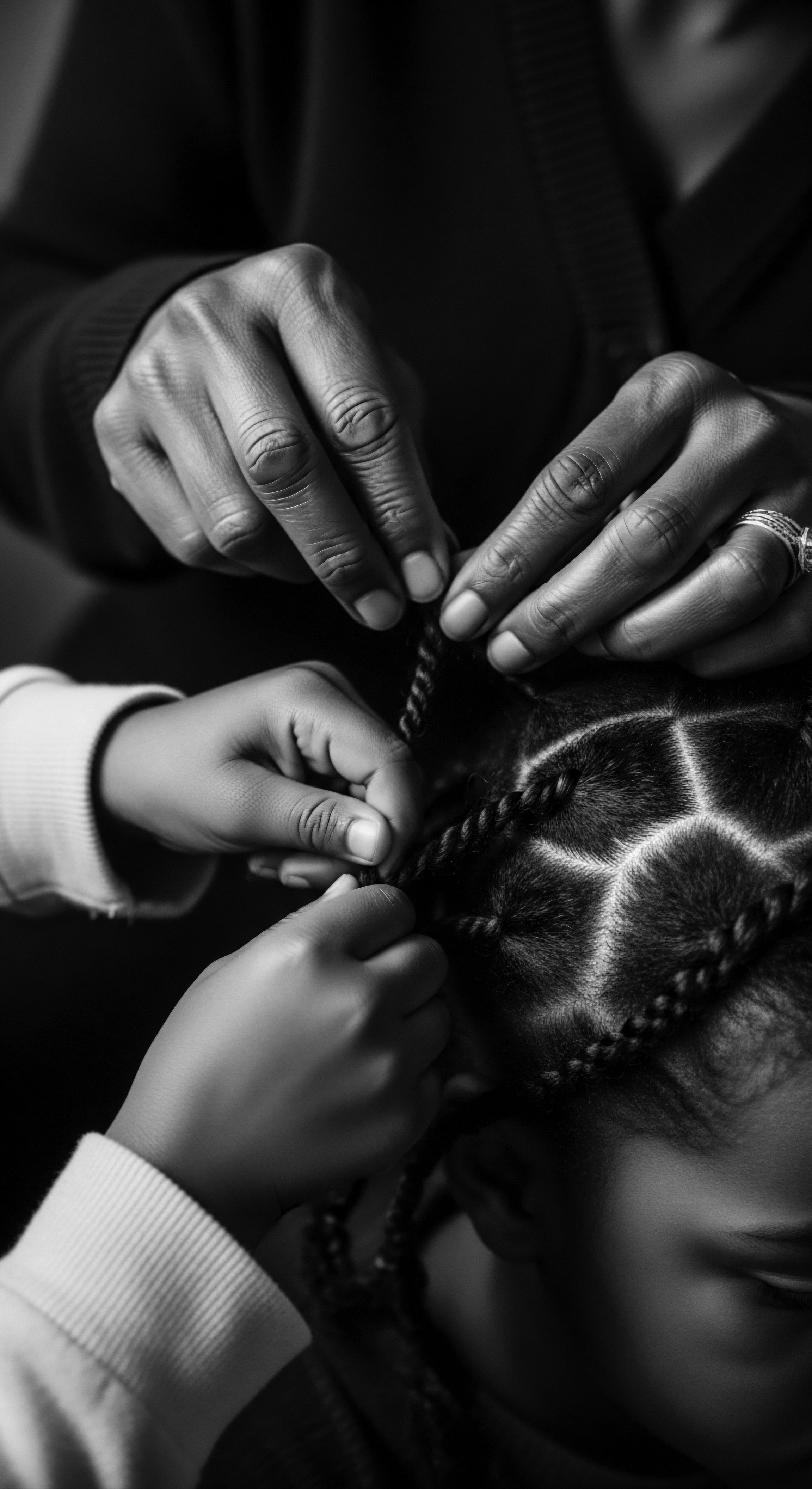
How Do Ancient Hair Rituals Relate to Textured Hair Heritage?
Ancient hair rituals offer a living legacy, connecting ancestral practices of care and expression to contemporary textured hair heritage.

Psychocutaneous Disorder
Meaning ❉ Psychocutaneous disorder describes the complex interplay between psychological states and dermatological conditions, profoundly affecting textured hair experiences and self-perception.

Dietary Alopecia
Meaning ❉ Dietary alopecia is hair loss or thinning caused by inadequate intake or absorption of vital nutrients essential for hair growth.

